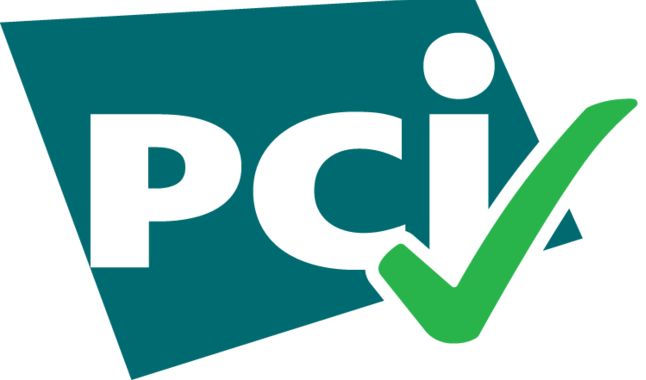Find out why VoiceBots on a telephone interface are the next level to scale up and improve your customer experience. Contact Centre (internal and external), Call Centre, Help Desk or just a customer contact through an IVR. Customers need to feel that all important customer care.
Below are five (5) reasons why one of the best investments in increasing customer care is voice automation. Keywords such as “artificial intelligence” or “digital language assistants” are vague and seem to be buzzwords. But intelligent smart assistants or more detailed solutions, like the Voice Powered Assistant are putting this advanced technology into the reach of most businesses.
The idea of VoiceBots can be difficult to grasp but unlike limited Chabots – we are now in the future of customer automation. Let’s see what the future holds and the many benefits this new technology can offer.
1. Increased efficiency through the automated answering of standard requests from VoiceBots
Be honest: You want to provide better service over the phone, but often limited resource planning simply does not allow that ideal level of improvement. This is a common challenge.
So if you can’t recruit more people at scale, how about investing in up-skilling your current work force? Do your employees have to answer standard inquiries again and again that could be processed automatically? VoiceBots can take over this task and provide this data faster and far more efficiently. Checking information, validating security and even running as a 1st line support for things like information requests, password resets and room bookings are just some of the many ways these common tasks and questions can be automated.
2. Reduce waiting times and improve the quality of customer service
When it comes to automation, many people seem to have reservations about the quality of customer service. But the opposite is the case: Why should it be bad that a VoiceBot is used for questions that can be answered automatically and therefore quickly and at any time? If you give people the choice of either waiting longer to be able to speak to a person, or offering a response directly from a VoiceBot, many will opt for artificial intelligence.
Because in the end, the decisive factor for a positive customer experience is not the criterion of having spoken to a person made of flesh and blood, but whether customer concerns were quickly and competently recorded and resolved. And at this point the question arises, can the end user even tell that it’s a bot answering them?
3. Talk to customer with advanced VoiceBot technology
With technological advancements in natural language processing, intelligent VoiceBots sound and mimic speech nuances. This is an evolution of natural language. It has to be heard to be believed.
Artificial intelligence now is natural language and a communication powerhouse.
The days when voice machines drove callers crazy are definitely a thing of the past. No more agonising over vast language menus, in which we were asked to make a selection from certain keywords and then to announce them loudly and clearly. Confusing options and use coupled with fundamental communication problems damaged the customer experience. The situation is very different these days: Technology today enables VoiceBots to recognise a specific concern in freely spoken texts and to be able to respond accordingly. All in the context of standard inquiries and predictable caller concerns, AI-based speech recognition works amazingly well.
4. The acceptance of voice assistants and VoiceBots is increasing rapidly
Alexa and Siri are leading the way: acceptance for voice assistants continues to grow, as it increasingly becomes a part of our normal daily lives. While voice control of your technical devices was still just a dream of the future 3 years ago, many people now use voice-based interfaces as a matter of course. Interaction by voice is more intuitive than any other human-machine interface.
Children in particular show us how quickly and easily Alexa can be used to control previously difficult processes such as online ordering by voice: the instruction “Alexa, order a new Lego crane” works and even presents options. You can have fun and examine what a toddler brain has to do cognitively to do exactly this on the Amazon website.
5. The implementation of modern, AI-controlled VoiceBots is easy
That’s right: it’s easy. And the excuse that there is no budget for a £100,000 IT projects does not apply. Certainly: With many manufacturers, the topic of AI and voice automation on the phone is still a long way from being available as an inexpensive and cloud-based system… till now.
How Sovran is leading the NLP Voicebot evolution
Sovran is a market leader in VoiceBots and with two proprietary solutions that are both cloud based. This revolutionary AI SaaS is a game changer. Unlike machine learning solutions that are cost and time heavy, we use advanced NLP to create VoiceBots that are both fast and efficient.
Our ISA out of the box solution is a self-service model. Sign up, login and create the bot you want based on what you need. All configured online. Simply define certain example sentences for problem detection and enter the appropriate answers. Then, upload and deploy to your telephony system. Call centres or service structures can simply enter the individual call number of the VoiceBot as a destination within their routing plan. The VoiceBot already answers the standard inquiries. And for everything else, valuable employees now have a lot more time. Sounds too easy? See for yourself:
If you need a more complex solution then let us build one for you, our voice powered assistant is handling complex enquiries and has even replaced 1st line support completely. Get in touch to find out more about sovran and how we are re-defining VoiceBots.






